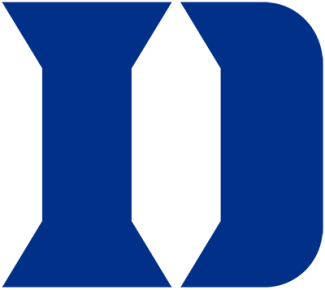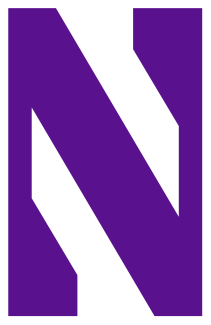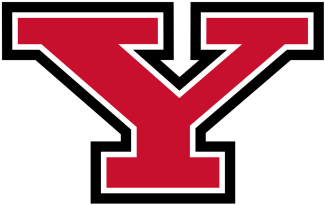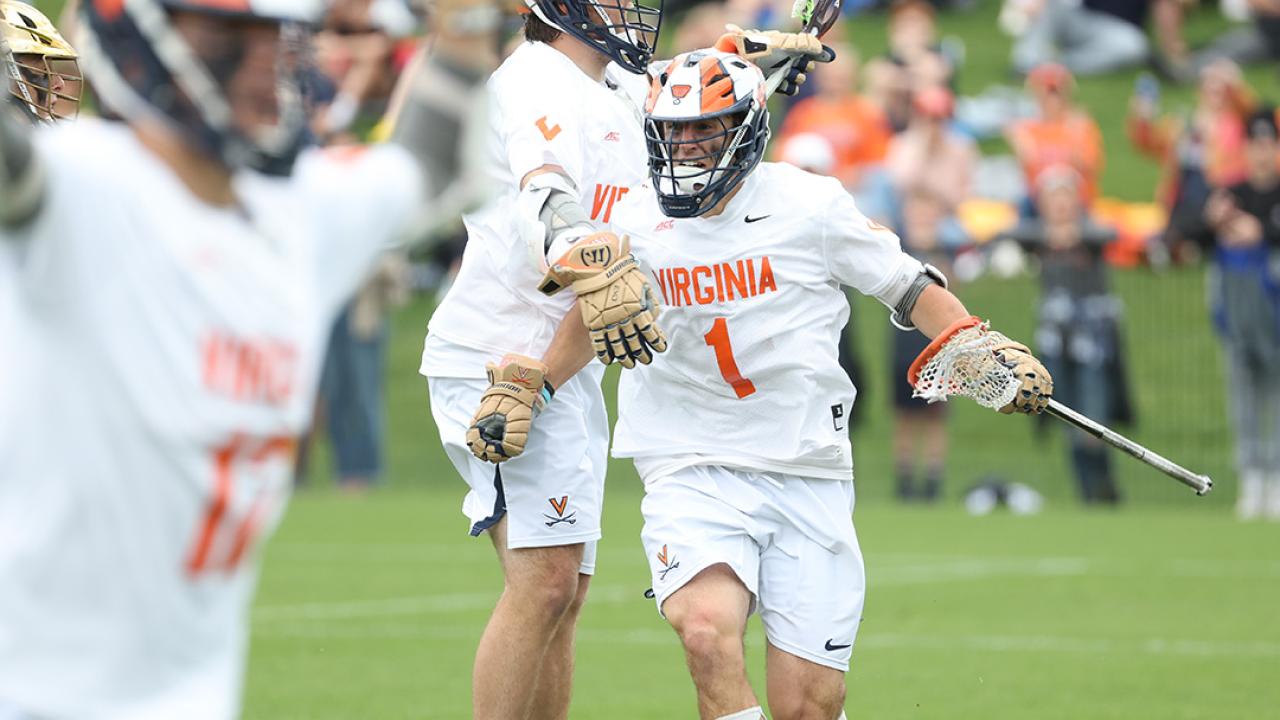2. Brennan O’Neill, A, Duke (42 G, 29 A)
The junior busted out in the Blue Devils’ conference finale against Syracuse, dropping four goals and two assists on the Orange for the second time this season as Duke earned an 18-15 victory. In the process, he reached 200 points for his career. He did it in 48 games faster than all but one of the 15 Blue Devils ever to hit that mark; Justin Guterding managed it in 47 games.
3. Pat Kavanagh, A, Notre Dame (19 G, 39 A)
Kavanagh also hit (and then surpassed) the 200-point plateau for his career with a goal and two assists in the Fighting Irish’s 12-8 loss at Virginia. Kavanagh is up to 202 points over four seasons, and he also matched his own single-season program assists record.
On raw numbers, Kavanagh won’t match Kirst or O’Neill thanks to Notre Dame’s modest 12-game regular-season schedule. But he’s fourth nationally in points per game (behind Kirst but ahead of O’Neill), and he’s a near-certainty to be among the five Tewaaraton finalists.
4. Connor Shellenberger, A, Virginia (19 G, 43 A)
The redshirt junior had a goal and three assists against Notre Dame on Sunday, assisting on a pair of goals during a third-quarter run that saw the Cavaliers seize control en route to a season sweep of the Irish.
Shellenberger was banged up for a good chunk of the season, and yet he heads into the NCAA tournament tied for the sixth most assists in a year in program history. The group ahead of him: Jay Connor (58 in 1972), Steele Stanwick (51 in 2012), Tim Whiteley (49 in 1996 and 47 in 1994) and … Connor Shellenberger (44 last season).
5. Coulter Mackesy, A, Princeton (45 G, 20 A)
Cornell silenced Mackesy on Saturday, and there is certainly an argument for any of the players listed below (as well as for Big Red defenseman Gavin Adler, who is enjoying a stellar season of his own). But even with zero points in the regular-season finale, Mackesy still ranks second nationally with 5.42 points per game.
Truth is, this fifth slot has been hard to figure out all season, and the guess here is it ultimately goes to a veteran player on a team that makes the NCAA tournament.
Next five: Matt Brandau, A, Yale; Matt Campbell, M, Villanova; Payton Cormier, A, Virginia; Tye Kurtz, A, Delaware; TJ Malone, A, Penn State



























































